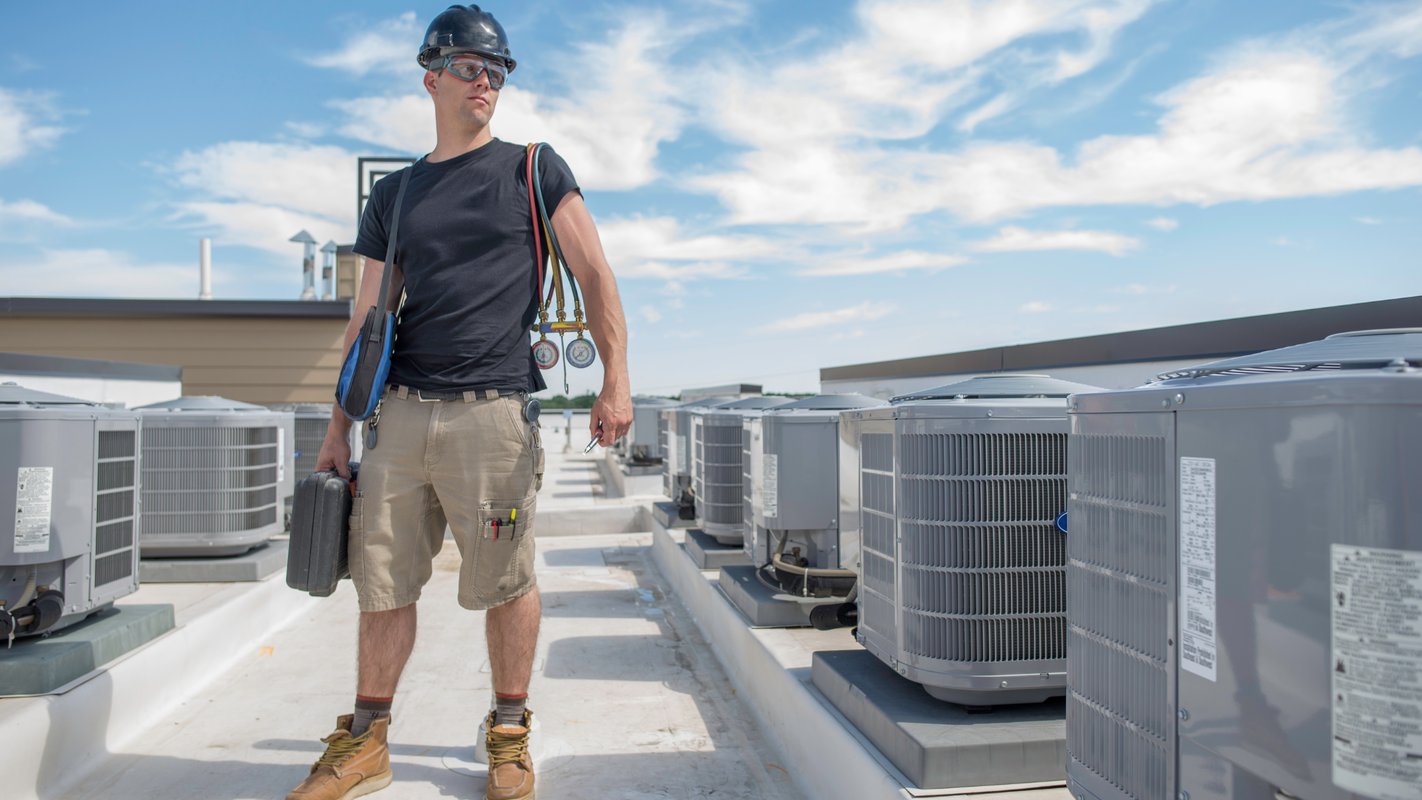How to Become a HVAC Technician in Delaware

What is a HVAC Technician?
HVAC technicians are responsible for the installation, maintenance, and repair of heating, ventilation, and air conditioning systems. Their primary duties include diagnosing issues, repairing or replacing components, and ensuring the efficient operation of HVAC systems.
Obtaining HVAC Technician Certification
To become a certified HVAC technician in Delaware, you will need to complete a recognized training program and pass the appropriate certification exams, such as those offered by the Environmental Protection Agency (EPA) and the North American Technician Excellence (NATE) organization.
Getting a Job as a HVAC Technician
After obtaining the necessary education, training, and certification, you can begin applying for HVAC technician positions in Delaware. Networking, searching job boards, and contacting local HVAC contractors can all be effective ways to find employment opportunities.
Career Paths and Opportunities
With experience and continued education, HVAC technicians in Delaware can advance their careers by specializing in certain types of systems, becoming supervisors or project managers, or even starting their own HVAC contracting businesses.
Final Thoughts
Becoming a HVAC technician in Delaware can be a rewarding career path, offering job security, competitive wages, and the opportunity to work with cutting-edge technology. By following the steps outlined in this guide, you can start your journey towards a fulfilling career in the HVAC industry.
Dreambound offers a window into various career paths, so if you're considering a shift in your career, browse through these articles:

Athena is Co-founder and CEO of Dreambound.





